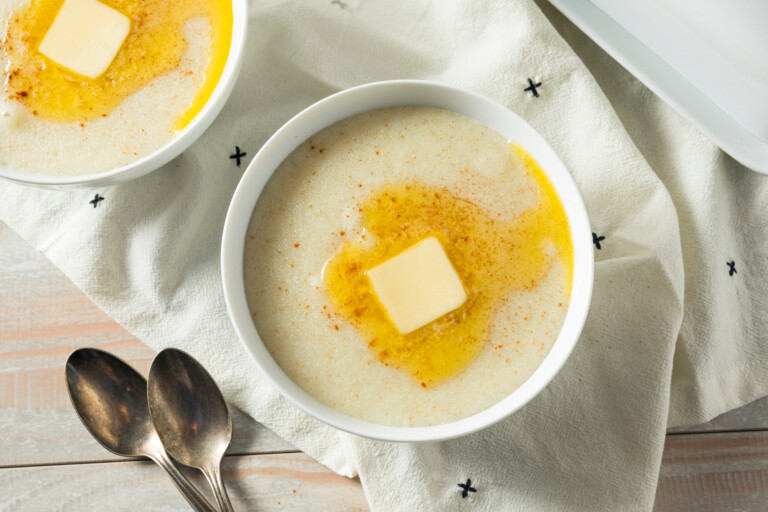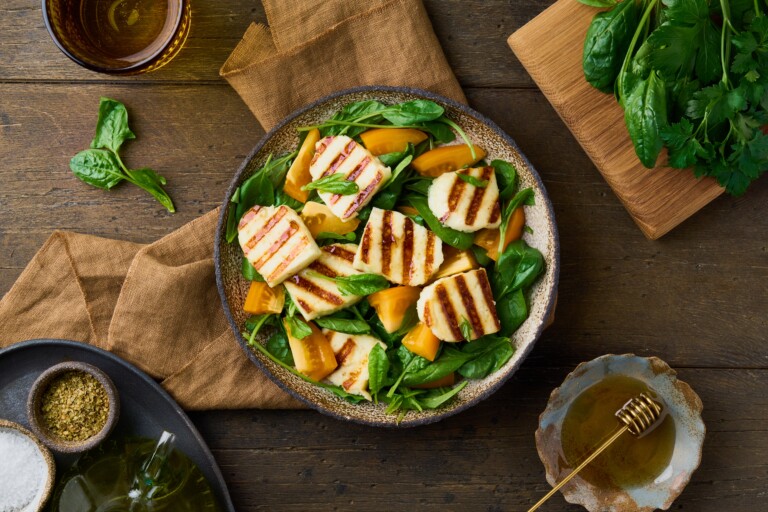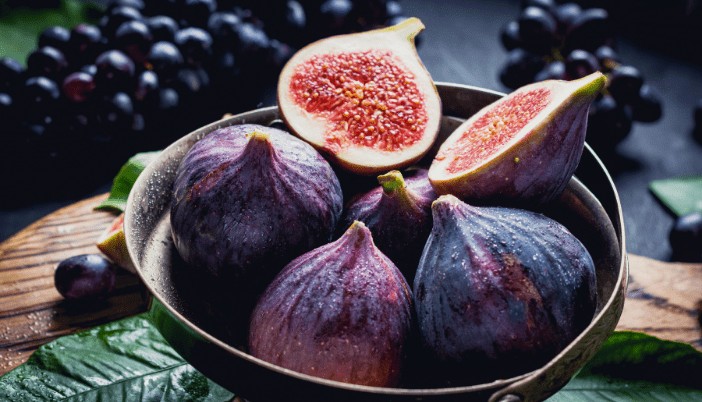Is Pasta Vegan?
Pasta is a staple food in many households around the world, but for those following a vegan diet, the question arises: is pasta vegan? The answer to this question is not as straightforward as one might think. While the basic ingredients of pasta are vegan-friendly, some types of pasta may contain animal-derived ingredients.
Traditional pasta is made from durum wheat semolina and water, which are both vegan-friendly ingredients. However, some types of pasta may contain eggs, which are not vegan. Egg pasta is a common variety in Italy, but it is not the only type of pasta that contains animal products. Some pasta sauces may also contain dairy products like cheese or cream, which are also not vegan.
It is important for vegans to read the labels carefully when purchasing pasta and pasta sauces. Many brands offer vegan options, and some specialty stores may carry a wider variety of vegan-friendly pasta products. By being aware of the ingredients in their food, vegans can enjoy pasta dishes without compromising their dietary choices.
Understanding Pasta
Pasta is a popular Italian dish that is enjoyed by many people around the world. It is typically made from wheat flour, water, and sometimes eggs. However, not all pasta is vegan.
Some pasta may contain eggs or dairy products, which are not suitable for a vegan diet. It is important to carefully read the ingredients list on the packaging before purchasing any pasta to ensure that it is vegan.
There are also many types of pasta available, including spaghetti, fettuccine, penne, and more. Each type has a unique shape and texture that affects its taste and how it pairs with different sauces.
Pasta can be a healthy addition to a vegan diet, as it is a good source of carbohydrates and can be paired with vegetables and plant-based proteins to create a balanced meal.
Overall, it is important to be mindful of the ingredients in pasta and to choose vegan options when possible.
Types of Pasta
Pasta comes in many shapes and sizes, and the ingredients used to make it can vary. Here are some common types of pasta:
- Spaghetti: long, thin noodles that are often served with tomato sauce and meatballs.
- Fettuccine: wide, flat noodles that are commonly served with Alfredo sauce.
- Penne: short, tube-shaped pasta that is often used in baked dishes or served with tomato sauce.
- Rigatoni: larger tube-shaped pasta that is often used in baked dishes or served with meat sauce.
- Linguine: long, thin noodles that are similar to spaghetti but flattened.
- Farfalle: bow-tie shaped pasta that is often used in cold pasta salads.
Most types of pasta are made with wheat flour and water, but some varieties may contain eggs or other animal products. It’s important to check the ingredients list before consuming pasta to ensure it’s vegan-friendly.
Some brands offer vegan pasta options made with alternative flours such as quinoa, chickpea, or brown rice. These options can be a great choice for those with dietary restrictions or preferences.
Overall, there are many types of pasta to choose from and with the right ingredients, it can be a delicious and vegan-friendly meal option.
Common Ingredients in Pasta
Pasta is a popular Italian dish that is enjoyed by many people around the world. It is a versatile dish that can be made with a variety of ingredients. However, not all pasta is vegan, as some recipes call for animal products such as eggs and cheese. In this section, we will explore the common ingredients used in pasta.
Flour
Flour is the main ingredient in pasta and is typically made from wheat. However, there are also gluten-free options available that use rice flour, corn flour, or other types of flours. Vegan pasta is typically made with semolina flour, which is made from durum wheat.
Eggs
Eggs are a common ingredient in pasta and are used to bind the flour together. However, there are vegan alternatives available that use water or other binding agents such as flaxseed or chia seeds. Vegan pasta recipes often use aquafaba, which is the liquid leftover from canned chickpeas, as a binding agent.
Water
Water is used to hydrate the flour and create the dough for pasta. Vegan pasta recipes typically use water as the main liquid, although some recipes may call for vegetable broth or other liquids for added flavor.
In conclusion, pasta can be made vegan by using the right ingredients. Vegan pasta recipes typically use semolina flour, water, and a vegan binding agent instead of eggs. By using these ingredients, vegans can enjoy a delicious plate of pasta without compromising their dietary choices.
Is Traditional Pasta Vegan
Traditional pasta is typically made from a combination of wheat flour, water, and sometimes eggs. This means that most types of traditional pasta are not vegan, as they contain eggs.
However, there are some types of pasta that are vegan-friendly. For example, pasta made from only wheat flour and water is vegan. Additionally, some brands offer vegan pasta options that are made without eggs.
It’s important to note that some pasta sauces may contain non-vegan ingredients such as cheese or meat. It’s always a good idea to check the ingredients list before consuming any pasta dish.
Overall, while traditional pasta may not be vegan, there are still plenty of options available for those following a vegan diet.
Which Types of Pasta Contain Eggs
Not all pasta contains eggs, but some types do. Pasta varieties like “egg noodles” or certain types of fresh pasta are made with eggs. These are not considered vegan. If you’re following a vegan diet, it’s important to check the label or ingredients list for any pasta you purchase to ensure it does not contain eggs.
Is Pesto Vegan
Traditional pesto typically contains Parmesan cheese, which is not vegan. However, you can easily make a vegan pesto by substituting the cheese with nutritional yeast or using a vegan Parmesan alternative. Many vegan pesto recipes are available, and you can also find pre-made vegan pesto in stores.
Vegan Pasta Alternatives
When it comes to pasta, there are a variety of vegan options available. Here are a few alternatives to traditional pasta:
Whole Wheat Pasta
Whole wheat pasta is a great option for those looking for a healthier alternative to traditional pasta. It is made from whole wheat flour, which contains more fiber and nutrients than refined flour. It also has a nuttier flavor and a firmer texture than regular pasta. Some popular brands of whole wheat pasta include Barilla, De Cecco, and Bionaturae.
Gluten-Free Pasta
For those with gluten sensitivities or celiac disease, there are many gluten-free pasta options available. These pastas are made from alternative flours such as rice, corn, quinoa, or chickpea flour. Some popular gluten-free pasta brands include Banza, Tinkyada, and Jovial.
Legume-Based Pasta
Legume-based pasta is a great option for those looking for a protein-packed vegan pasta. These pastas are made from legume flours such as chickpea, lentil, or black bean flour. They have a similar texture to traditional pasta and are often higher in protein and fiber. Some popular legume-based pasta brands include Explore Cuisine, Tolerant Foods, and Ancient Harvest.
Overall, there are many vegan pasta alternatives available that are just as delicious and nutritious as traditional pasta. It’s important to read the labels and ingredients to ensure that the pasta is vegan and fits your dietary needs.
Reading Pasta Labels for Vegan Ingredients
When it comes to determining whether pasta is vegan, it’s important to read the label carefully. Here are a few things to look out for:
- Eggs: Some pasta contains eggs, which are not vegan. Look for the words “egg” or “egg whites” on the label. If these ingredients are listed, the pasta is not vegan.
- Cheese: Some pasta may contain cheese, which is also not vegan. Look for the words “parmesan,” “romano,” or “asiago” on the label. If these ingredients are listed, the pasta is not vegan.
- Meat: Some pasta dishes may contain meat, such as chicken or beef. Obviously, these are not vegan. Look for the words “chicken,” “beef,” or “meat” on the label. If these ingredients are listed, the pasta is not vegan.
- Gelatin: Some pasta may contain gelatin, which is derived from animal bones and not vegan. Look for the word “gelatin” on the label. If it’s listed, the pasta is not vegan.
- Other animal products: Some pasta may contain other animal products, such as milk or butter. Look for the words “milk,” “butter,” or “cream” on the label. If these ingredients are listed, the pasta is not vegan.
It’s important to note that just because a pasta is not labeled as “vegan” doesn’t necessarily mean it contains animal products. Some pasta may be vegan by default, meaning it doesn’t contain any animal products.
When in doubt, it’s always best to contact the manufacturer directly to confirm whether a pasta is vegan or not.
Making Homemade Vegan Pasta
Making homemade vegan pasta is a great way to enjoy a delicious and healthy meal. It’s also a fun activity that you can do with friends and family. Here are a few tips to get you started:
Ingredients
The ingredients you will need to make vegan pasta are:
- Flour (all-purpose or semolina)
- Water
- Salt
- Optional: spinach or beet juice for color
Instructions
- In a large bowl, mix the flour and salt together.
- Add water slowly, mixing until the dough comes together.
- Knead the dough for about 10 minutes until it becomes smooth and elastic.
- Cover the dough with plastic wrap and let it rest for 30 minutes.
- Roll out the dough using a pasta roller or a rolling pin.
- Cut the pasta into the desired shape (e.g. spaghetti, fettuccine, etc.).
- Cook the pasta in boiling water for 2-3 minutes, or until al dente.
Tips
- Use a pasta roller to get the perfect thickness and shape for your pasta.
- Add spinach or beet juice to the dough for a fun and colorful twist.
- Don’t overcook the pasta – it should be al dente, or slightly firm to the bite.
- Serve with your favorite vegan sauce and toppings.
Making homemade vegan pasta is easy and delicious. With a few simple ingredients and some patience, you can create a meal that everyone will love.





